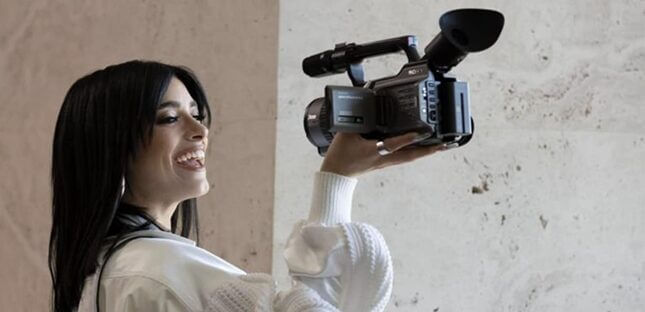The D’Amelio Show Paints a Grim Picture of TikTok Fame
As we learn more about the lives of two teens famous for doing very little, we begin to see that their stardom isn’t so glamorous
EntertainmentTV

The first thing you need to know about Charli D’Amelio, the star of The D’Amelio Show on Hulu, is that she doesn’t consider herself to be famous—a curious statement from a teenager whose popularity is so immense that Dunkin’ Donuts named her go-to drink “the Charli” in September 2020. She views her celebrity as a mere example of being in the right place at the right time.
Technically, that’s true. Charli skyrocketed to fame via TikTok, after joining the app in 2019 and—like thousands of other homebound and bored people—sharing snippets of her life, posting funny videos, and dancing. It’s the last of these activities that arguably made her the most famous, though hers is a bloodless, toothless, and completely low-energy kind of dancing. She marks the steps rather than engaging in the choreography full out, and the routines are replete with a tame bump-and-grind sensibility— suggestive of sex without being sexy — that makes it easy to replicate by anyone.
TikTok dances, like most of the content that populates the app, are best viewed within the constraints of the iPhone’s tall, narrow screen. And so it stands to reason that the questionable talents and charisma of the D’Amelios— teenagers swept up in the whirlpool of unexpected fame—don’t translate on television or perhaps anywhere else.
-

-

-

-

-

-

-

-

-

-

-

-

-

-

-

-

-

-

-

-

-

-

-

-

-

-

-

-

-

-

-

-

-

-

-

-

-

-

-

-








































